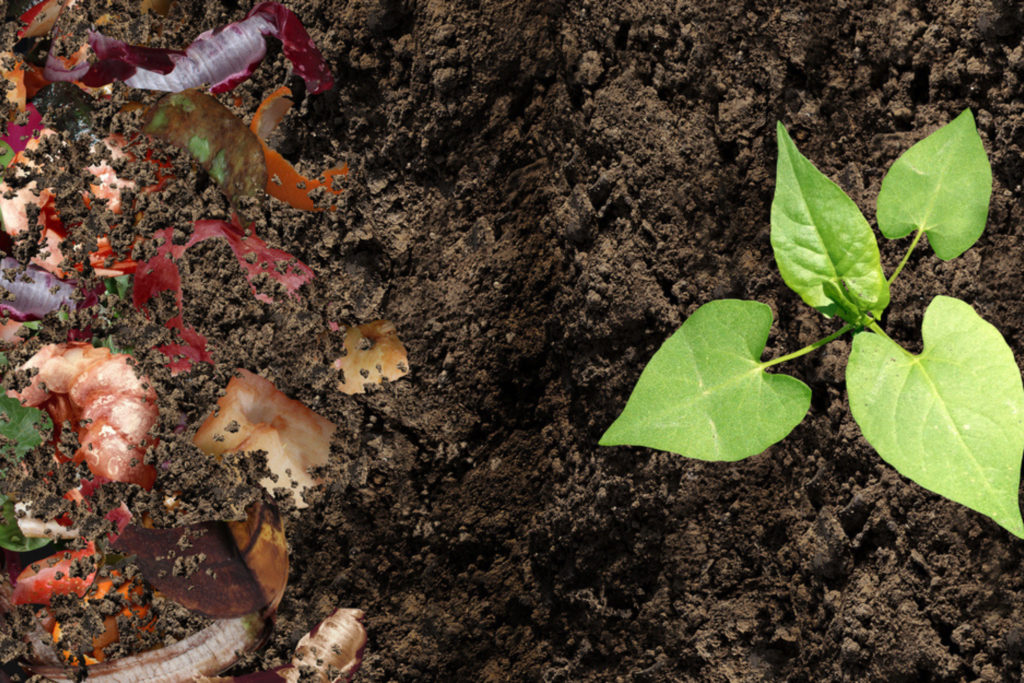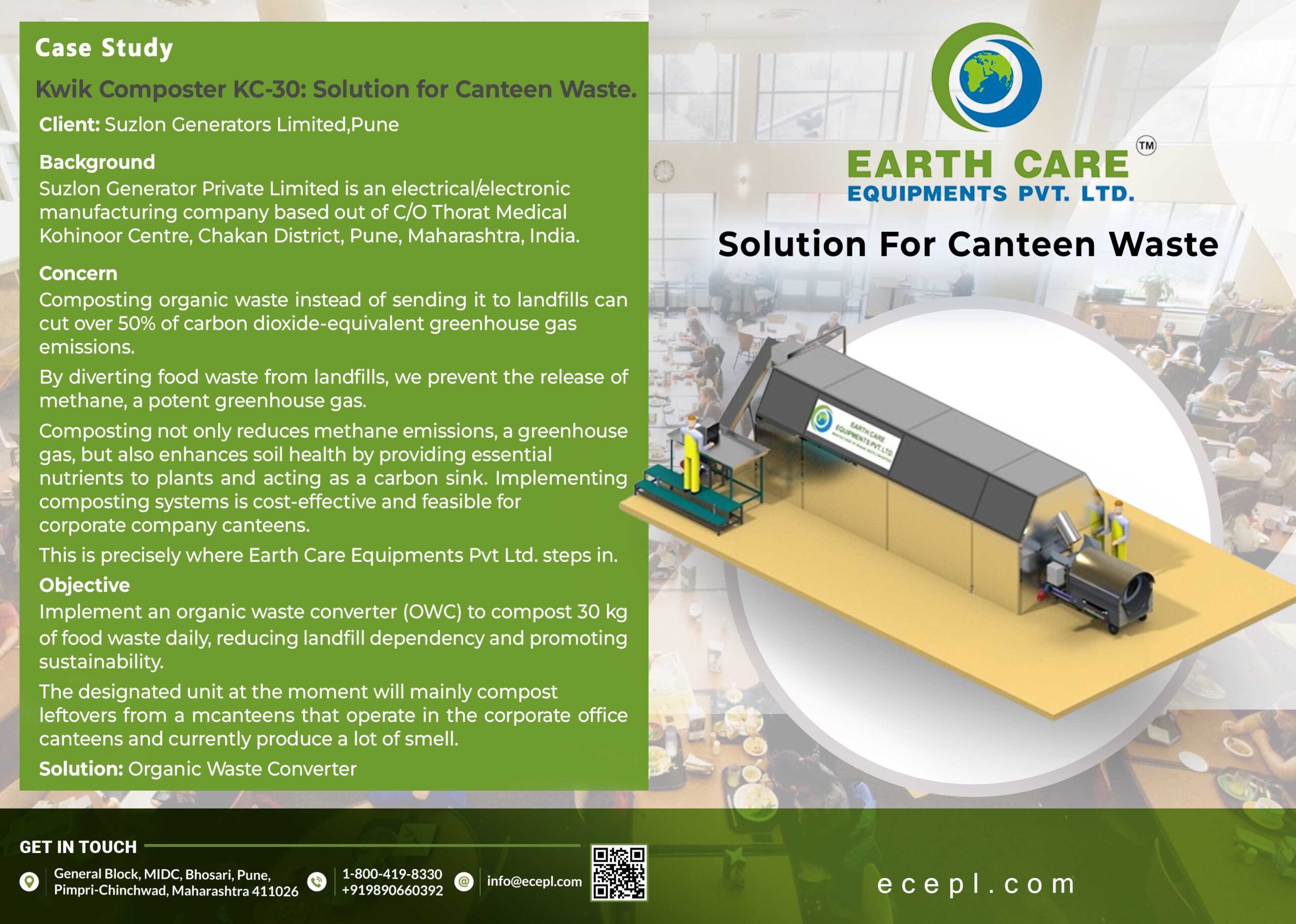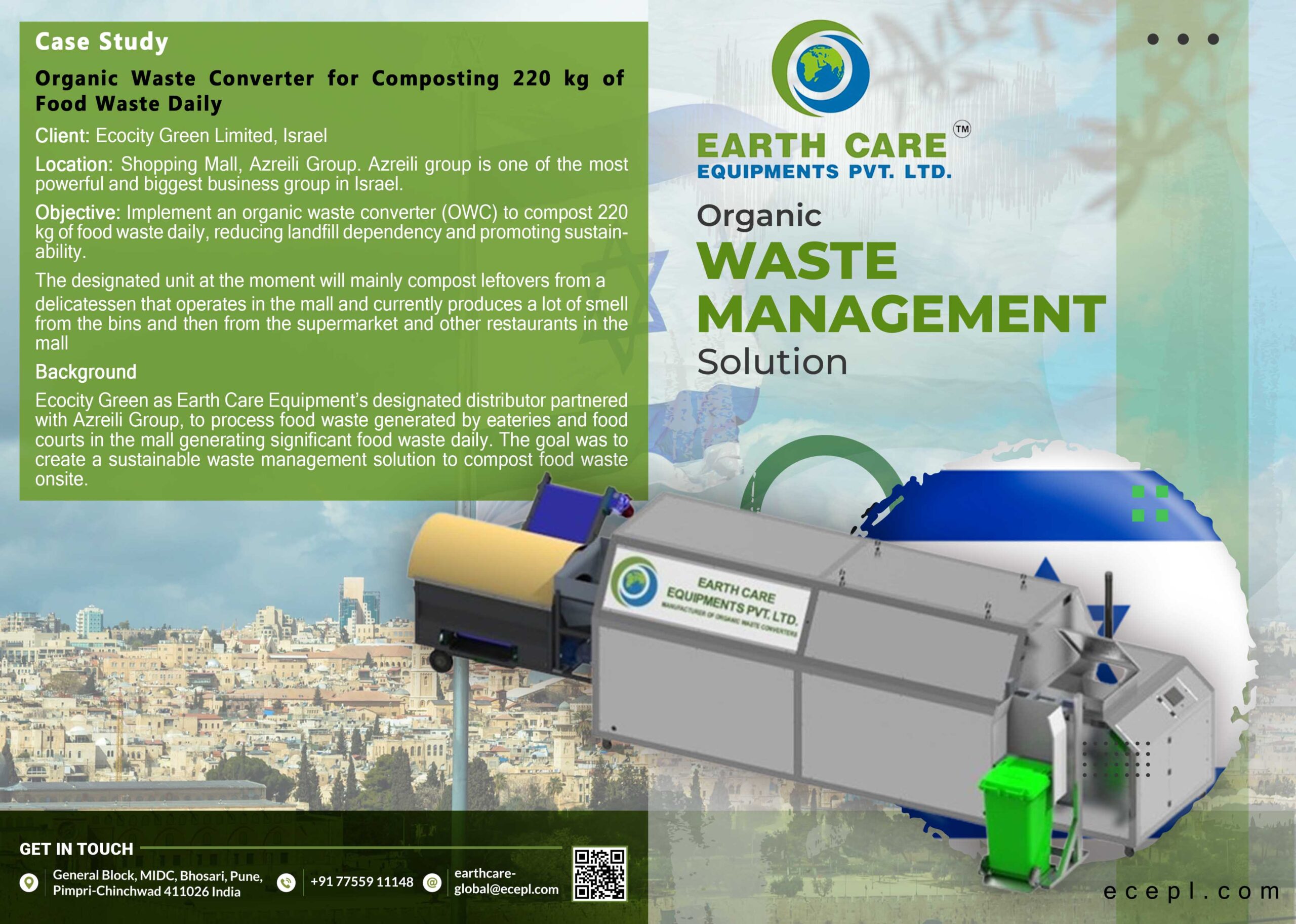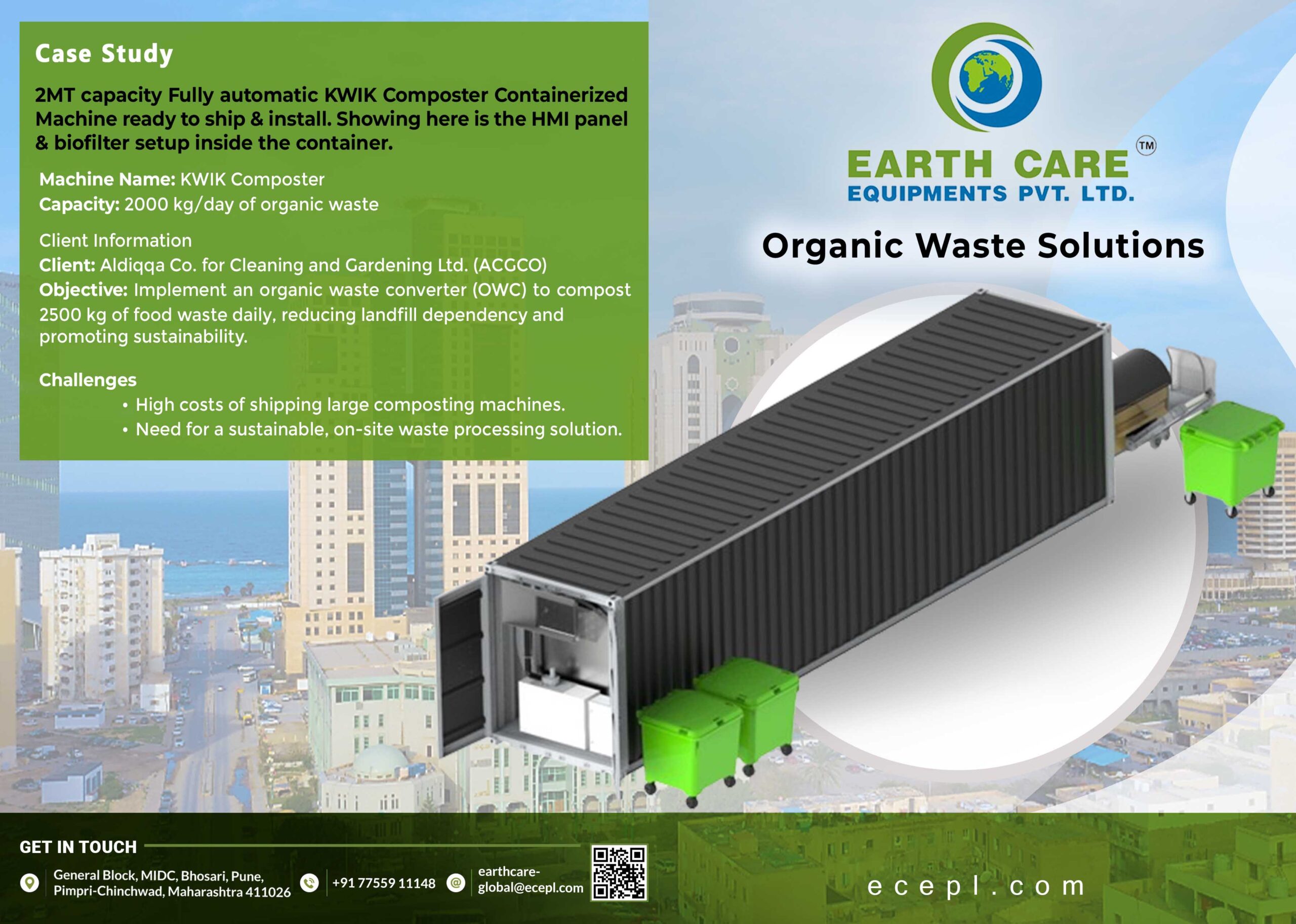
In today’s world, where environmental sustainability is of paramount importance, innovative solutions are emerging to tackle the ever-growing problem of food waste. Among these solutions, food waste converters stand out as a promising technology. In this article, we’ll delve into the concept of food waste converters and explore how they are making a difference in addressing environmental concerns.
Understanding Food Waste Converters
What are Food Waste Converters?
Food waste converters are advanced machines designed to efficiently process organic waste materials and convert them into useful products such as compost or energy.
How do Food Waste Converters Work?
These converters utilize various mechanisms such as biomechanical processes and microorganism-based technologies to break down organic waste into compost. The process involves segregating organic waste, introducing it into the converter, and allowing it to undergo decomposition under controlled conditions.
Types of Food Waste Converters
There are several types of food waste converters available, ranging from fully automatic biomechanical composters to compact organic waste converters with heaters. Each type caters to different needs and constraints, offering solutions for various sectors and environments.
Role of Food Waste Converters in Environmental Sustainability
Reducing Landfill Waste
One of the primary benefits of food waste converters is their ability to significantly reduce the volume of organic waste destined for landfills. By diverting organic waste from landfills, these converters help mitigate the environmental impact associated with landfill decomposition, such as methane emissions and soil contamination.
Producing Nutrient-Rich Compost
Food waste converters transform organic waste into nutrient-rich compost, which can be used to enrich soil fertility and support plant growth. This compost serves as a sustainable alternative to chemical fertilizers, promoting organic farming practices and reducing reliance on synthetic inputs.
Promoting Circular Economy
By converting food waste into valuable resources such as compost or energy, food waste converters contribute to the principles of a circular economy. They facilitate the reuse and recycling of organic materials, closing the loop in the waste management cycle and minimizing resource wastage.
Earthcare Equipments: Pioneering Sustainable Solutions
Introduction to Earthcare Equipments
Among the leading providers of food waste converters is Earthcare Equipments, known for its innovative and sustainable solutions in organic waste management.
KWIK Composter Premium (KCE)
Earthcare Equipments offers the KWIK Composter Premium (KCE), a fully automatic biomechanical composter that utilizes sustainable microorganism-based technology. Available in various capacities, the KCE efficiently converts segregated organic waste into nitrogen-rich compost, contributing to environmental sustainability.
KWIK Composter Accelerator™ (KCA)
In addition to the KCE, Earthcare Equipments provides the KWIK Composter Accelerator™ (KCA), a compact organic waste converter with heaters. This cost-effective solution offers rapid composting capabilities, making it ideal for sectors with space and time constraints.
Summary
Food waste converters play a crucial role in addressing the global challenge of food waste while promoting environmental sustainability. Through efficient conversion of organic waste into valuable resources, these innovative machines offer a practical solution to reduce landfill waste, produce nutrient-rich compost, and promote a circular economy. Companies like Earthcare Equipments are at the forefront of this movement, offering advanced solutions to meet the growing demand for sustainable waste management.




